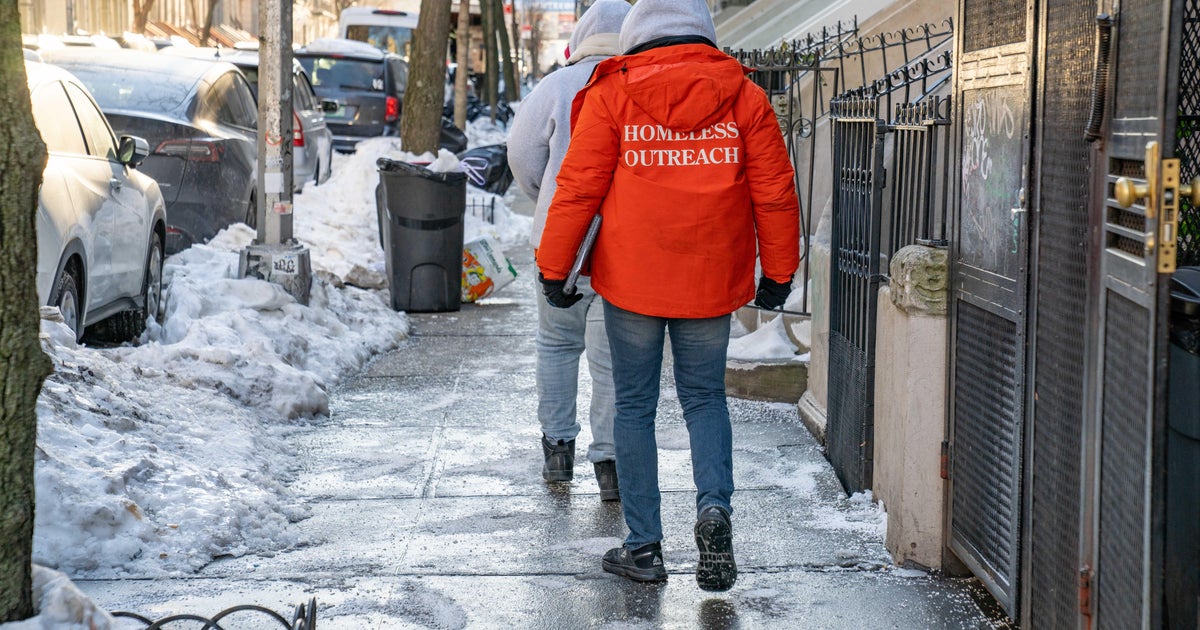What Works Best For Fighting Colds?
MINNEAPOLIS (WCCO) -- Cold season is in full swing, and Consumer Reports has a new warning out.
Multi-symptom cold medicines can be confusing for consumers, and taking too much of them is dangerous.
More than 60,000 people end up in emergency room with liver problems from high doses of acetaminophen each year.
So, what works for a cold? And what doesn't?
"My first piece of advice would be to prevent one, and you can do that by keeping your immune system strong," said John Hoeschen, a pharmacist and owner of St. Paul Corner Drug.
He says people should sleep well, eat well, wash their hands and take Vitamin D, especially during the winter months.
But if someone does catch a virus, there are some things that can help if taken early on.
According to Dr. Mark Schleiss, a division director of pediatric infectious diseases at the University of Minnesota, zinc has been shown in well-controlled studies to shorten the duration of symptoms if it is taken soon after symptoms appear.
Schleiss also said taking extra doses of Vitamin C has been scientifically proven ineffective.
Both Hoeschen and Schleiss say they would take a decongestant to fight a cold, if one of the symptoms was congestion. They warn, though, those medications are for adults and nasal decongestant sprays should only be taken for a few days.
"Primarily, what you're trying to do with a cold is to prevent [your sinuses] from becoming a ball of muck," Hoeschen said. "So decongestants work well to keep that moving."
He believes the brands of pseudoephedrine, now found behind the pharmacist's counter, to be the most effective.
On Twitter, WCCO viewer Kevin wrote his doctor recommends Mucinex. Hoeschen said that drug will break up the mucus, but should be used in conjunction with lots of liquids.
Hoeschen does not recommend multi-symptom medications. Many of those medications contain acetaminophen, the medication that prompted Consumer Reports to issue its warning.
"I'm not a big fan of the big combo products because most of the time there's an ingredient or two in there that you don't need," Hoeschen said. "You're better off taking the things you specifically need, then you can control them as well."
Antibiotics do not work on cold virus. Allergy medications can make people sleepy, but will not combat the cold.
Throat lozenges and cough drops will soothe a sore throat that is irritated from drainage.
Fluids and rest are always the best idea when it comes to colds.







